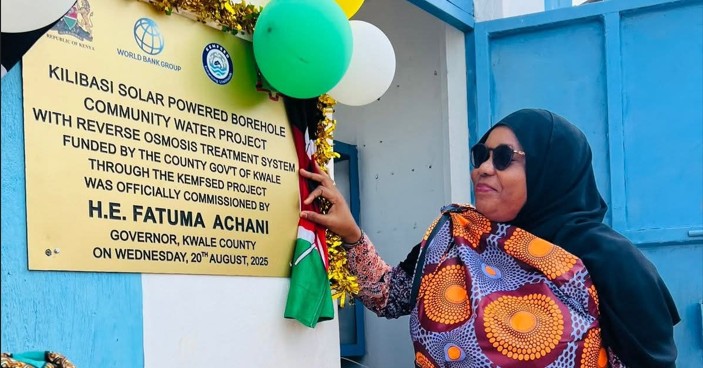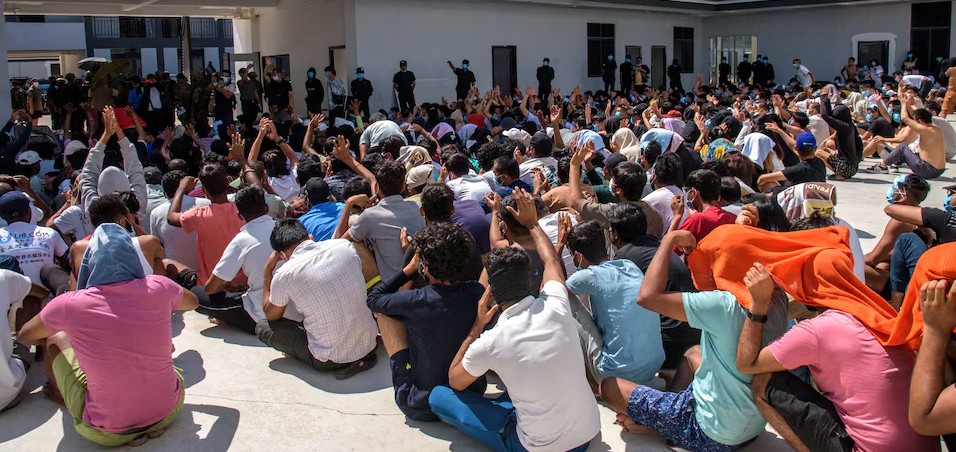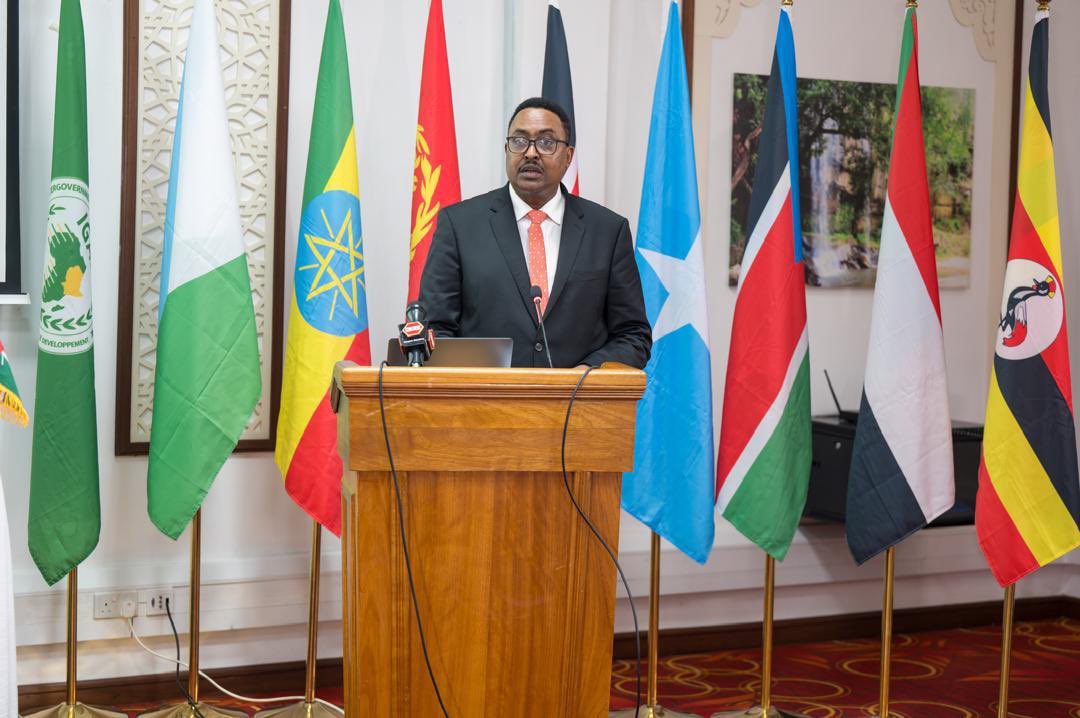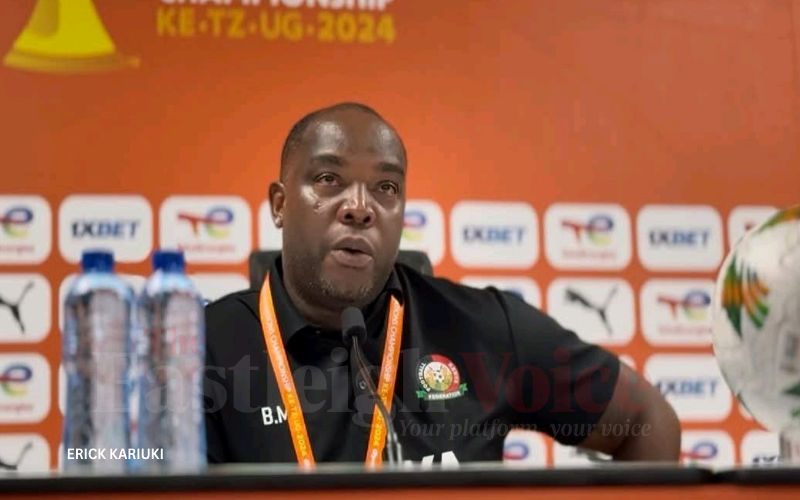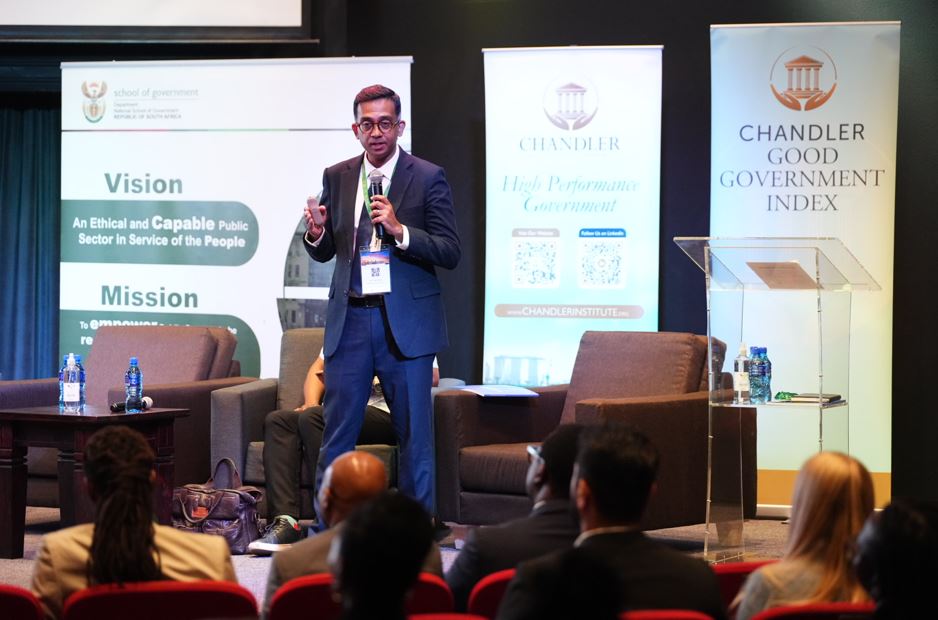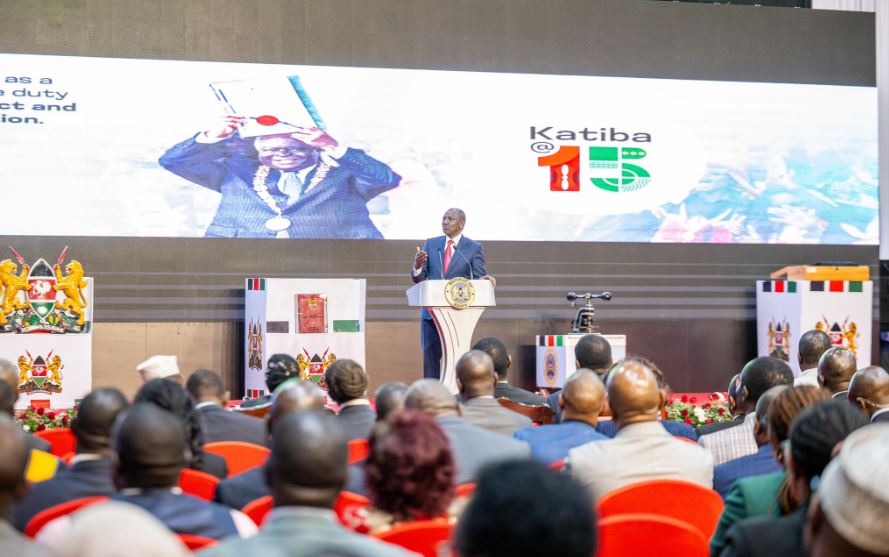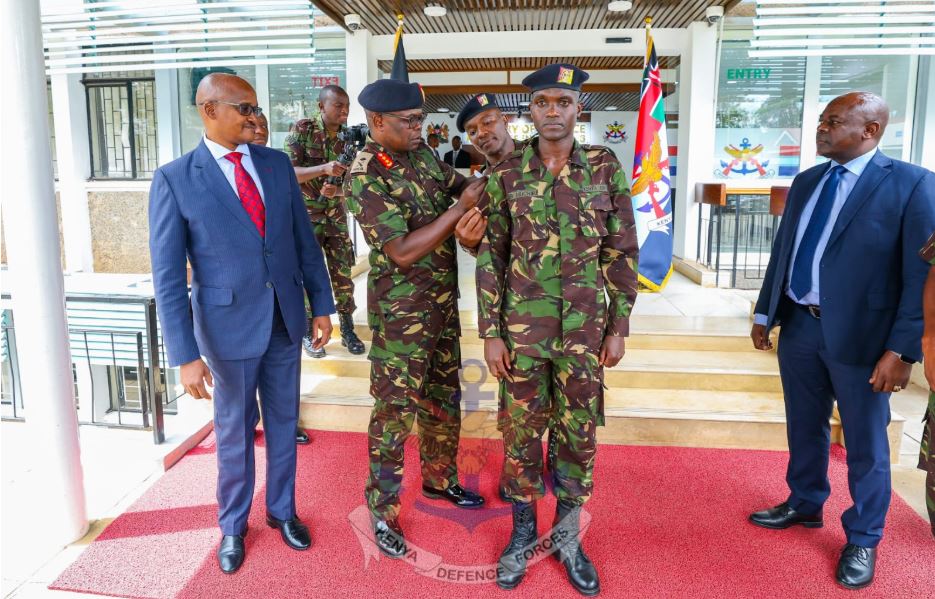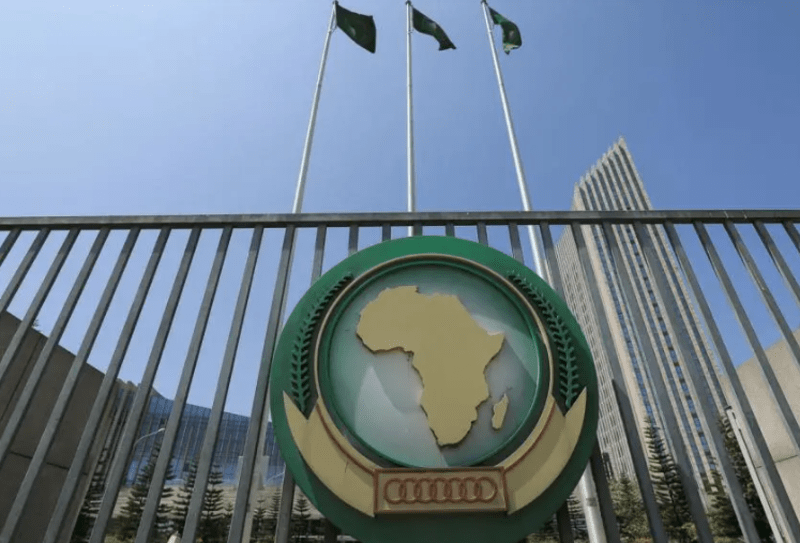Civil society groups move to court to stop Ruto’s Sh1.2 billion State House church project
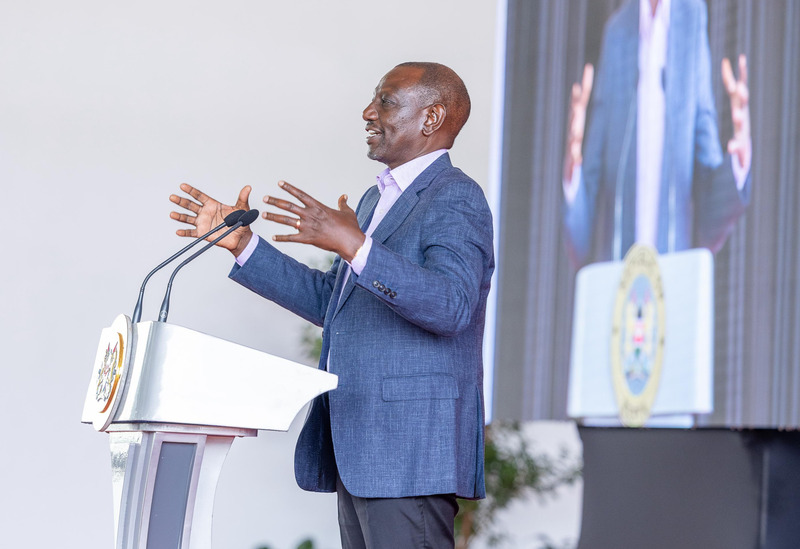
The petitioners allege that, despite claims that the project is being funded privately by well-wishers, including President Ruto himself, public resources are already being utilised.
Four civil society organisations have petitioned the High Court seeking to block President William Ruto from continuing with the controversial Sh1.2 billion church project at State House, Nairobi.
The petition, filed by Transparency International Kenya, Kenya Human Rights Commission, Inuka Kenya ni Sisi, and The Institute of Social Accountability, argues that the project offends Article 8 of the Constitution, which establishes the principle of state neutrality in religious matters.
More To Read
- Court declines to stop construction of Sh1.2 billion mega church at State House
- Report reveals State House blew Sh1 billion on local travel in nine months
- First Lady Rachel Ruto admits 'ground realities' hindering project delivery
- Lawyer seeks court order to stop Ruto’s Sh1.2 billion megachurch at State House
- Lawyer Ndegwa Njiru threatens court action over Ruto’s plan to build church at State House
- Why I have no apologies to make for building church at State House -Ruto
Through lawyer Lempaa Suiyanka, the groups want conservatory orders issued to restrain the President, his officers, agents, or any public official from funding or facilitating the construction until the matter is fully determined. They contend that without such orders, the project may be completed, rendering the petition meaningless.
"The President of the Republic of Kenya has, through public statements and government action, confirmed his direct involvement in the construction of a church within State House Nairobi, a public institution and symbol of the Kenyan State," reads part of the petition.
The petitioners allege that, despite claims that the project is being funded privately by well-wishers, including President Ruto himself, public resources are already being utilised. They point to the use of public land, facilities, and personnel, adding that the initiative was carried out without public participation or parliamentary oversight.
They further accuse the Head of State of abuse of office, misuse of public resources, and violation of the Constitution. In particular, they cite Article 10(2), which enshrines national values and principles of governance such as transparency, accountability, and public participation in State decisions.
"The reported construction of a religious facility within State House, a public property held in trust by the President, was carried out without any form of consultation. This omission violates the constitutional principle of participatory governance," argues Lempaa.
The matter comes barely a month after two rights advocates, Levi Munyeri and Dunstan Riziki, filed separate petitions challenging the legality of the same project. Both had similarly applied for conservatory orders to halt construction pending the outcome of their cases.
The four organisations now want the High Court to intervene, insisting that allowing the project to proceed would erode public trust and inflict irreparable harm on constitutional values. The petition is awaiting directions from the court.
Top Stories Today


